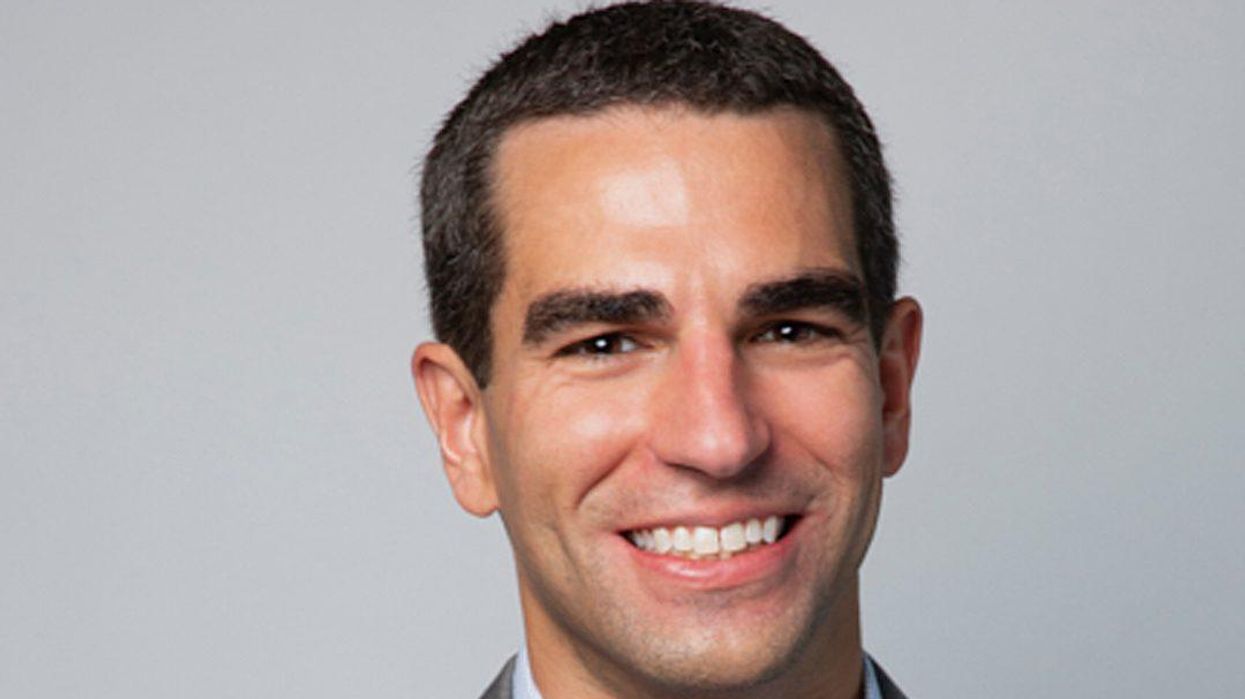B Capital Group’s Mike Fernandez on What Founders Need To Know as Their Companies Grow

On this episode of the LA Venture podcast, the B Capital Group’s Mike Fernandez discusses investing in growth-stage companies and the current state of the later stage private markets.
Fernandez joined B Capital the year it started in 2015. It now has 150 employees and $6.5 billion assets under management. B Capital’s growth team primarily focuses on Series B all the way through pre-IPO funding rounds, writing checks of anywhere from $10M to $100M for growth-stage companies.
A native Angeleno, Fernandez said he went to business school with a hunch that L.A. could become the next big region for tech. His hypothesis, he said, was that the region, which had been on par with the Bay Area in the ‘80s and ‘90s, stumbled during and failed to recover from the dot.com era. Still, he felt there was plenty of opportunity.
“When I was looking around Southern California in the early 2000s, I really wasn't satisfied with the number of interesting companies that I was seeing, or the amount of capital that was available,” he said. “There were a number of industries—including aerospace, including transportation logistics—where Los Angeles should be building the best companies in the country—and really the world.”
Now, Fernandez focuses on horizontal enterprise software—such as cloud infrastructure and cybersecurity—and industrial transportation.
As the market began to turn earlier this year, Fernandez said many companies were still bringing in money. Only recently has he seen a noticeable decrease in the velocity of deals. Still, he said the cybersecurity industry has remained mostly unscathed.
“For those sectors that have more of an infrastructure bent to them, and where you're seeing still top-tier growth rates, top-tier net retention, some of those companies are still able to achieve 15 times forward revenue multiples,” he said.
While there’s plenty of advice for founders building their companies early on, he said there are fewer resources for those looking for insight on how to expand their companies. Understanding that raising funds is more metric-driven than story-driven at the growth stage is key for founders to entice more investors.
In addition to having a strong handle on business metrics, as they grow, companies have to become better at managing risk, and building predictability into their growth profiles, he said. Shifting the risk profile of a business can ensure its longevity.
“Something that I think founders need to appreciate is that the early days of, ‘hey, we're gonna go really fast and we'll just figure it out along the way’ needs to eventually turn into, ‘we're gonna grow by X amount, and this is exactly how we're going to do that’ and be able to communicate that to investors,” he said.
Social and Engagement Editor Andria Moore contributed to this post
Want to hear more of L.A. Venture? Listen on Apple Podcasts, Stitcher, Spotify or wherever you get your podcasts.
- B Capital Group - dot.LA ›
- B Capital Group's Raj Ganguly on Investing in Global Tech - dot.LA ›
- B Capital Group Adds Gabe Greenbaum as General Partner - dot.LA ›
- LA Venture: Anthemis Group's Vinay Singh - dot.LA ›
- R-Squared Ventures’ Roy Rubin on the Evolution of Ecommerce - dot.LA ›
- Hoopla’s Deron Quon on Keeping Perspective as a Founder - dot.LA ›
- Dangerous Ventures' Gaby Darbyshire On Climate Tech - dot.LA ›
- LA Venture: Taylor Adams on His ‘Blended Approach’ to VC - dot.LA ›
- B Capital's Howard Morgan On Key To Early Stage Investing - dot.LA ›





 Image Source: Skyryse
Image Source: Skyryse